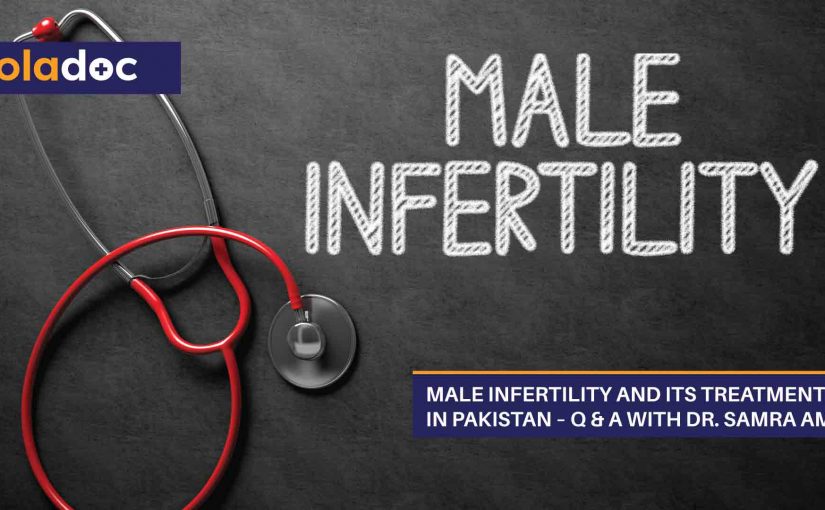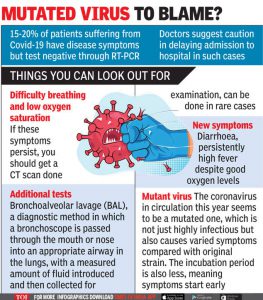The main reason for male infertility is not being able to produce adequate quality sperm. In 30-40 percent of cases, the quality of the testicles is defective, and in 10-20 percent of cases, it is due to obstruction in the way of sperm release. In 1-5 percent of cases, this problem may be due to hormonal problems. Problems with the pituitary gland or hypothalamus are one of the major causes.
The most important thing in identifying male infertility is to know the complete information and history of the patient. In many cases the information is kept secret from the doctor. Any other physical problem, infection, smoking and use of different types of drugs, various pollutants of the environment can also be responsible. In addition, sperm infections, swelling, or genetic or chromosomal problems may not be able to have children.
In case of late birth of the couple, the husband along with the wife should also undergo some urgent tests. For example, infection, blood sugar test, sperm count, shape, motility, etc. through semen analysis. In many cases, the spermatic cord can become blocked due to infection or injury. Congenital drainage may be closed or incomplete. Surgery can be done in these cases. If the male hormone testosterone is deficient, problems can be solved with injections if necessary. If vasectomy has been done before, male fertility can be restored through reconnection.
Remember, genetic and chromosomal defects do not improve if the testicles are permanently damaged for any reason (infection, injury, etc.). However, in case of defects in sperm count, size and motility, good results can be expected at a limited stage.
Dr. Shahzada Selim, Assistant Professor, Department of Endocrinology, Bangabandhu Sheikh Mujib Medical University
Formula – the Prothom-alo






